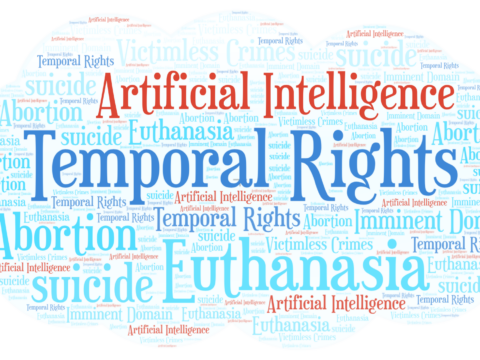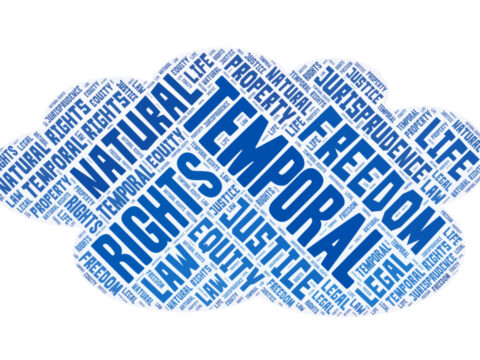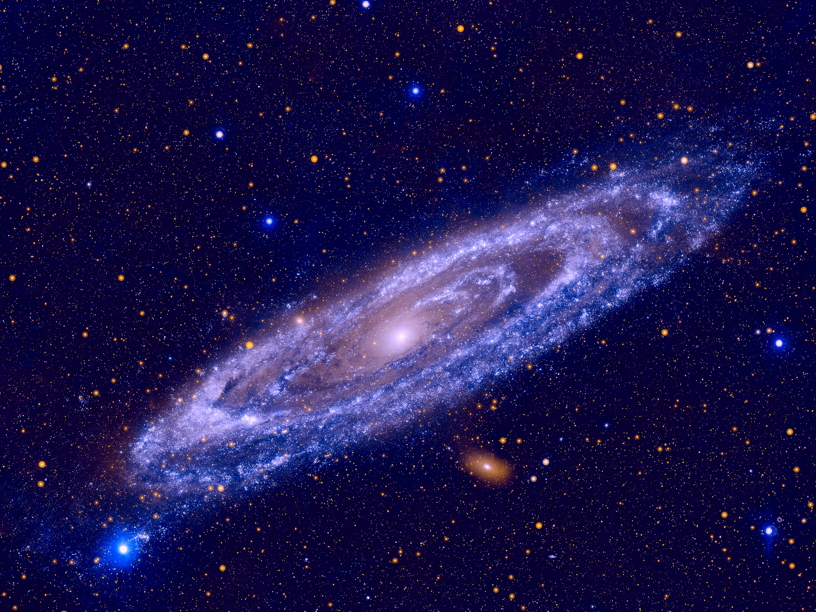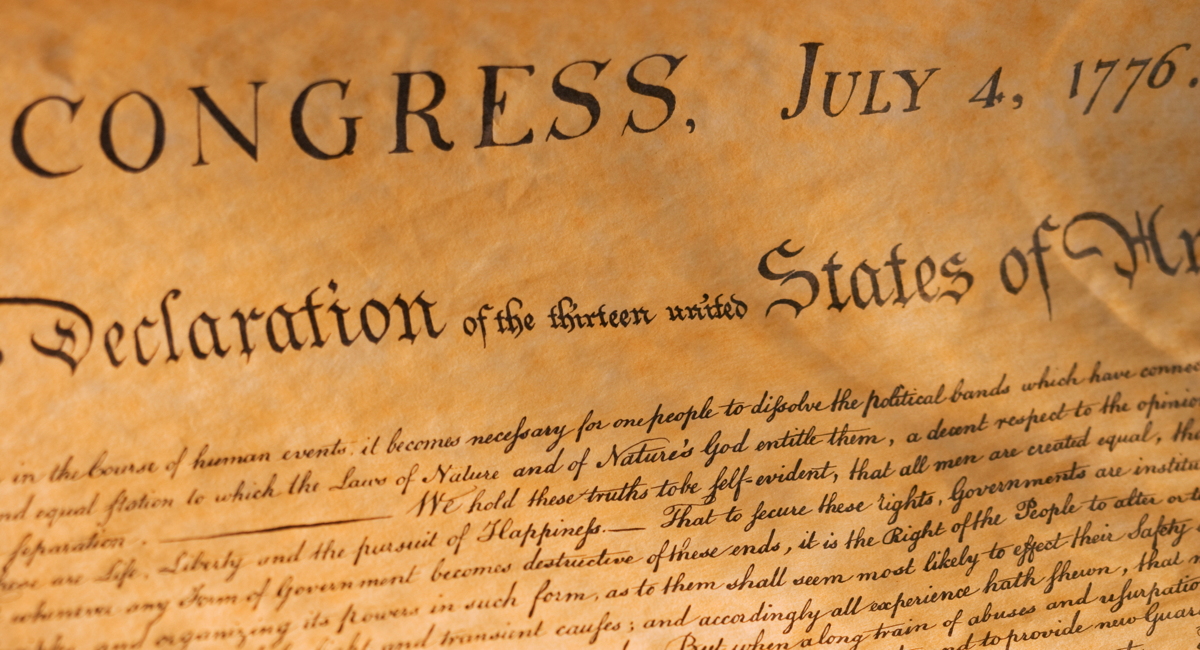Category: Temporal Rights
Having to do with that secular natural right that intrinsically accompanies a capability or power of any thing when that thing comes into being. This right is also extinguished in the instant of the thing’s demise.
The question of whether a photon has any rights is moot because it will do what it can do whether or not we ascribe a right. The remaining consideration is whether we humans recognize such a right. If we choose not to, we instantly blind ourselves to the most interesting and powerful part of the connectedness of all things. Those relationships illuminate an array of vital comprehensions.
For example: The power of choice found in humans, gives them the inalienable right to choose. Examining available choices leads easily to the discovery that the highest choice may be to love and respect all things. This shows the close connection between temporal rights and ethics, morality, and justice. The affiliation between temporal rights and ethics must rely on traditional natural rights arguments.
The temporal rights paradigm delivers the most tightly coupled, secular insight into duty, responsibility, morality, and all the higher virtues available to the human family.






















